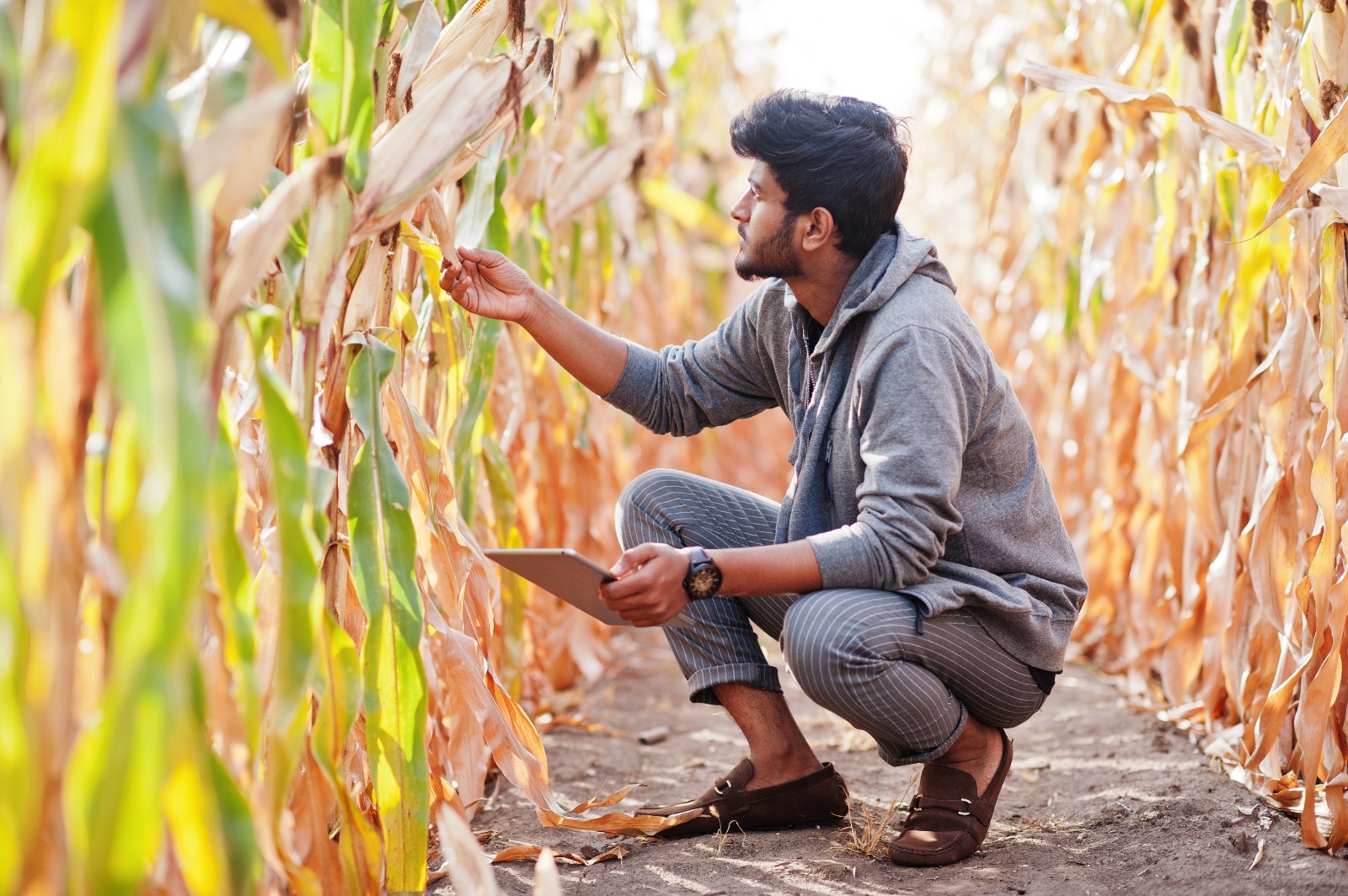Empowering Farmers in Developing Countries Through Agritech.
Agriculture plays a crucial role in the economic development of developing countries. As a significant portion of their population relies on farming for their livelihoods. However, farmers in these regions often face numerous challenges, including limited access to resources, outdated practices, and climate uncertainties. In recent years, the integration of agriculture and technology known as agritech, has emerged as a game-changer. Empowering farmers and revolutionizing the agricultural landscape in developing countries. This blog will explore the transformative impact of agritech, highlighting how it is empowering farmers and driving sustainable growth in these nations.
Access to Information and Knowledge
One of the key benefits of agritech in developing countries is the increased access to information and knowledge. With the help of smartphones and internet connectivity, farmers can now access weather forecasts, market prices, pest and disease management techniques, and best agricultural practices. This readily available information equips farmers with valuable insights, enabling them to make informed decisions and optimize their productivity.
Agritech platforms also offer access to e-learning modules and expert advice. Where farmers can learn about modern farming techniques, sustainable practices, and innovative solutions to enhance their yields. This democratization of knowledge contributes to bridging the knowledge gap between small-scale and large-scale farmers. Thereby leveling the playing field for agricultural productivity.
Precision Agriculture and IoT
Agritech leverages the power of the Internet of Things (IoT) and precision agriculture technologies to monitor and manage farms more efficiently. IoT sensors collect real-time data on soil moisture, temperature, humidity, and crop health. This data, when analyzed, provides actionable insights, allowing farmers to precisely apply water, fertilizers, and pesticides, thus reducing wastage and increasing resource efficiency.
Moreover, precision agriculture techniques enable smallholder farmers to cultivate crops on smaller plots of land while maintaining high productivity levels. This optimization minimizes the environmental impact and conserves precious resources, making agriculture more sustainable in the long run.
Financial Inclusion and Access to Credit
In many developing countries, farmers often lack access to formal financial services and credit, limiting their ability to invest in modern farming technologies and inputs. Agritech platforms are bridging this gap by providing financial inclusion solutions tailored to farmers’ needs.
By leveraging digital technologies, farmers can now access microloans, crop insurance, and payment systems, directly on their smartphones. This enhanced access to credit empowers farmers to invest in improved seeds, fertilizers, and machinery, leading to increased productivity and higher incomes.
Market Linkages and Value Chain Integration
A significant challenge for farmers in developing countries is accessing viable markets for their produce. Agritech solutions are enabling direct linkages between farmers and potential buyers, including retailers, wholesalers, and processors.
Online marketplaces and mobile apps connect farmers to a wider customer base, cutting out intermediaries and reducing post-harvest losses. Additionally, these platforms facilitate price transparency, ensuring that farmers receive fair prices for their products. The integration of value chains through agritech also promotes better quality control and traceability, fostering consumer trust and expanding market opportunities for farmers.
Climate Resilience and Sustainability
Climate change poses a severe threat to agriculture in developing countries, with extreme weather events becoming more frequent and unpredictable. Agritech innovations are empowering farmers to adapt to these challenges and build climate resilience.
For instance, AI-driven climate models and satellite imagery provide early warnings for impending weather events, helping farmers take proactive measures to protect their crops. Smart irrigation systems optimize water usage, even during droughts, preserving water resources. Additionally, vertical farming and greenhouse technologies allow farmers to grow crops in controlled environments. Reducing their dependency on external climatic conditions.
Conclusion
Agritech is a transformative force that is revolutionizing agriculture in developing countries. By empowering farmers with access to information, precision agriculture tools, financial inclusion, market linkages, and climate-resilient technologies. Agritech is paving the way for sustainable growth in the agricultural sector.
As we move forward, it is crucial for stakeholders, including governments, private companies, and non-governmental organizations, to continue supporting and investing in agritech initiatives. By fostering collaboration and knowledge-sharing, we can ensure that agritech remains a powerful catalyst for change, empowering farmers and driving the development of rural communities in developing countries. With agritech’s continued momentum, a more prosperous and sustainable future for agriculture is within reach.


Any comments?